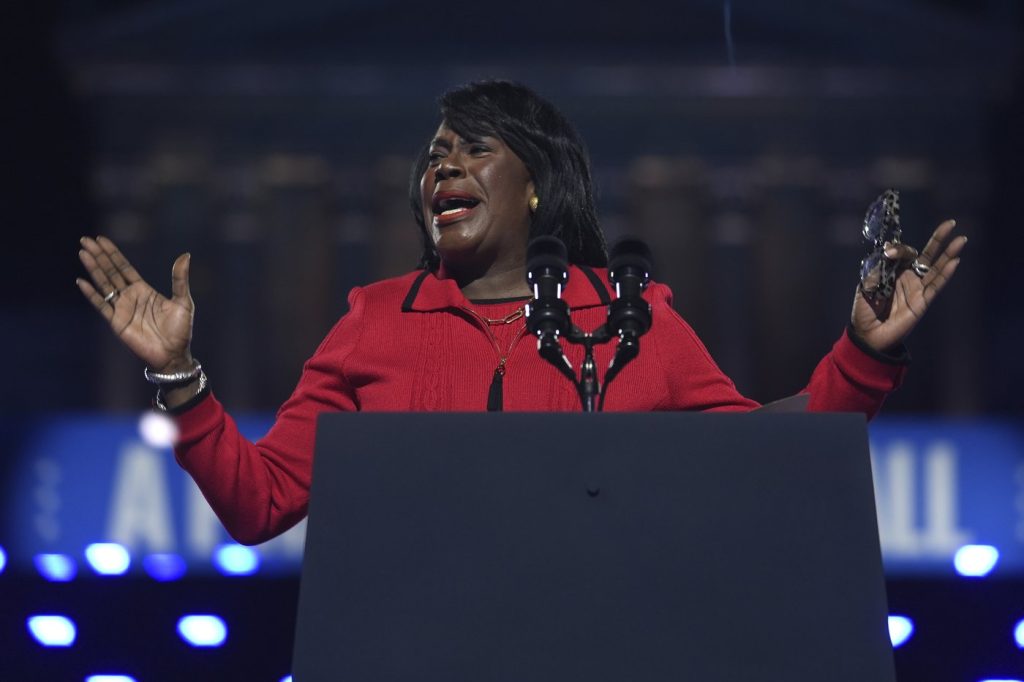PHILADELPHIA (AP) – Nearly 10,000 city workers in Philadelphia, including personnel responsible for collecting trash, answering 911 calls, and maintaining city pools, went on strike on Tuesday following a breakdown in contract negotiations.
The strike was prompted by a lack of agreement between the city and District Council 33, the largest union representing these workers. Union President Greg Boulware highlighted that the city had not proposed a wage increase that met their demands. Mayor Cherelle Parker announced the city's response, stating that residential trash collection would be suspended, some city pools would be closed, and hours at recreation centers would be shortened. However, she assured that essential services in the city, such as police and firefighting, would continue as normal during the strike.
During a press conference on Monday, Mayor Parker, a pro-labor Democrat, encouraged residents to uphold their Fourth of July celebration plans and not to leave the city. This message aimed to reassure the public amidst the labor unrest, which had escalated after hours of last-minute negotiations failed to yield an agreement.
City officials reminded residents to remain patient and emphasized the importance of not hanging up if they needed to call 911 or the city’s non-emergency helpline. Furthermore, the city planned to establish drop-off sites for residential trash to manage the impact of the strike on waste collection.
Mayor Parker stated that she had offered a total of 13% wage increases over her four-year term and introduced a fifth step to the pay scale to bring it in line with other unionized workers. District Council 33 is a part of the American Federation of State, County, and Municipal Employees and is the largest of the four unions representing city workers.
In response to the city’s proposals, union leaders had initially requested 8% annual raises each year across a three-year contract, alongside cost-of-living adjustments and potential bonuses of up to $5,000 for employees who worked through the pandemic. They also sought for the city to cover the full cost of employee health care, equating to approximately $1,700 per individual per month.
In a demand letter, union representatives noted that the contributions of District Council 33's members were vital to the city's functioning, asserting, “We all make the city work. Our contract must reflect that reality.” The ongoing negotiations and eventual strike reflect the increasing tensions between city officials and labor unions, particularly regarding fair compensation and benefits for municipal employees.
In a related context, it was reported that in November, the city’s transit system had successfully averted a strike by reaching a one-year agreement that included a 5% raise for union members. This development underscores the broader labor dynamics within Philadelphia, as workers advocate for fair compensation in the face of rising living costs and inflation.











